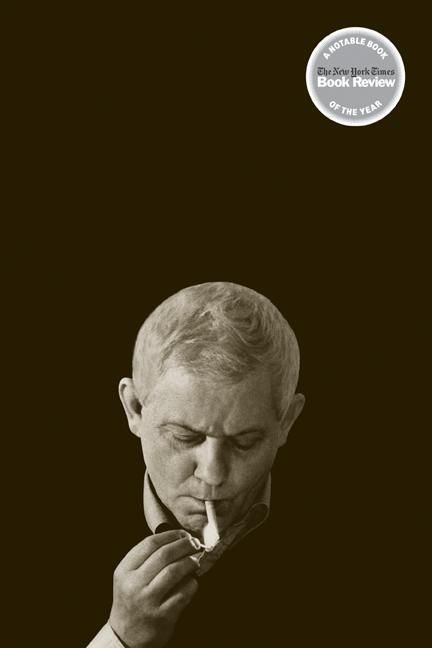When the censors begin redacting our words, what kinds of poems will we teach ourselves to write? That’s a question I often asked myself, after the elections of 2016. I could see already couplets and tercets hidden behind thick, black lines, only a few inoffensive nouns and verbs remaining, some obedient articles. And I thought of my childhood behind the Iron Curtain, how my family lived in Poland, from 1980 to 83, during the imposition of Martial Law and the rise of Solidarność, the Solidarity movement. We returned in 1987, staying for four years, which meant we saw the fall of communism in Eastern Europe happening just outside the gates of the American Embassy of Warsaw.
We called that time “the bad old days.” Even now, I can picture the underground publications and souvenirs my parents often brought home from work: homemade stickers and posters decorated with the iconic logo of Soldarity, the top part of the “N” in Solidarność transformed into a Polish flag, white and red; the protest stamps mailed illegally on envelopes through the state post office; the small pins and buttons that said “Warsaw 1944,” a reference, as Lawrence Weschler explains, to “the valiant, tragic attempt of the Polish Home Army…to liberate the capital in advance of the Soviet arrival.” One could get arrested for the possession of such objects, these ephemera of underground printing, what was known as Samizdat, dissident publishing of the Eastern Bloc.
And then there were the paintings and the plays and the films and, of course, the poems, which expressed protest in a more coded form. Over the past three years, for instance, I have looked to Zbigniew Herbert and the persona he invented, Pan Cogito—that is, Mr. Cogito—Cartesian thought given human body. Mr. Cogito functions as the poet’s alter ego, one who rejects the blurred, compromised landscape of communism, a place where truth and the solidity of language have been eroded.
“Envoy” comes from Herbert’s Mr. Cogito, a collection first published in 1974. Herbert wrote dozens of Mr. Cogito poems—which appeared in a number of collections over several decades—the character himself becoming a mythical figure, while embedded in many of the Cogito poems are also allusions to classical mythology, legend, and history.
“Envoy” begins with an allusion to the Golden Fleece, the famed object which King Pellias instructed Jason and the Argonauts to find and bring back, in what might be called a near-suicide mission. Later Mr. Cogito tells himself to “repeat humanity’s old incantations fairy tales and legends / for that is how you will attain the good you will not attain.” And near the end of the poem, Herbert asserts that totalitarianism cannot take the speaker’s literary ancestors from him—Gilgamesh, Hector, and Roland—who he depicts as defenders of the polis, even if the civilizations they are protecting have become regimes of ashes.
“Envoy” works by giving and taking away. In a review of Herbert’s Report from the Besieged City (that city being Warsaw under the junta of Martial Law), Ewa Hoffman explains that Herbert “not only uses historical allusions to mask references to events in Poland, but in his poetry the past becomes a unity in which events repeat and reflect one another.” In “Envoy,” mythology becomes a stand-in for the abiding narratives of this world, which are placed in opposition to the mutable, ever-changing narratives of the state (what today we might call alternative facts). These ancient stories are solid; they exist and have permanence. But they don’t rescue us from totalitarianism. The speaker in the poem has not been saved to live but rather has been given a stay of execution, in order to provide testimony to those who will survive him.
And so I keep asking, what kinds of poems will we learn to write in the coming years? How will we circumvent the censors? What kind of testimony will we create and using what myths, what coded languages?




